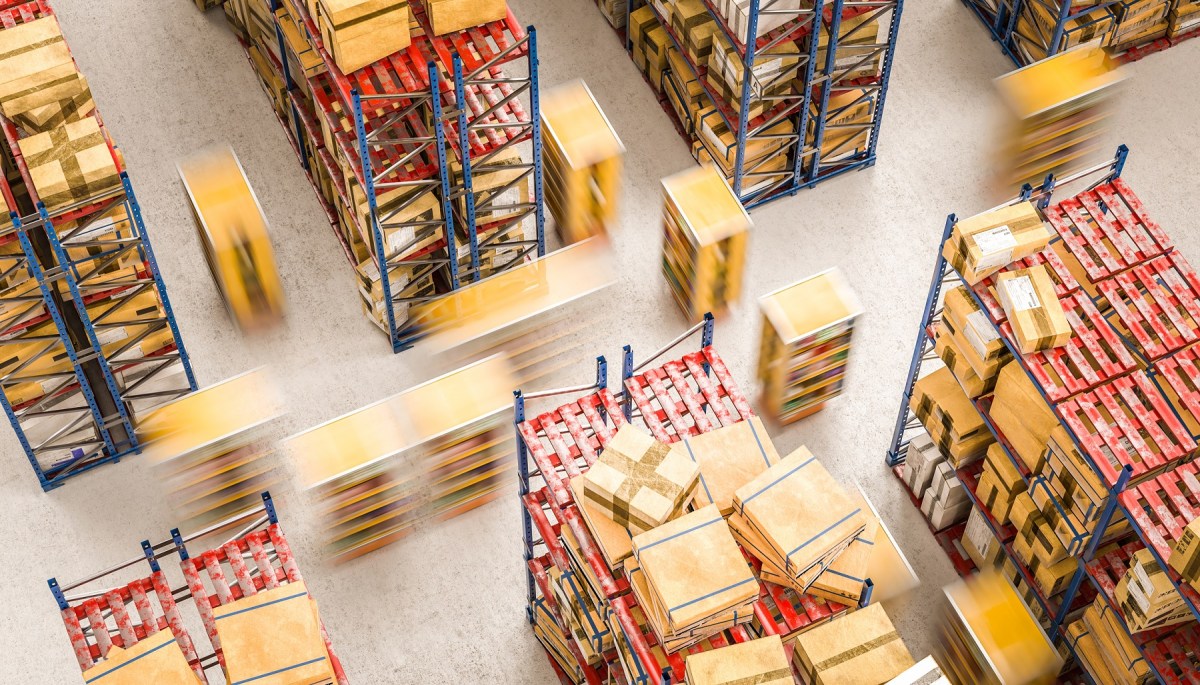Australian and New Zealand retailers have faced multiple challenges during the past few years. From supply chain issues due to the COVID-19 pandemic through to cost of living pressures that impact the share of wallet of consumers, and now significant regulatory changes such as the abolition of single use plastics that directly affect the retail industry.
Additionally, many consumers have now moved the bulk of their shopping online and seldom visit physical stores. In such a dynamic consumer and business environment, retailers are increasingly turning to automation to future proof their businesses. For example, to accommodate changed consumer behaviours, many retail businesses are heavily investing in creating an omnichannel experience for their customers and a more convenient checkout experience overall, with the least amount of human interaction. This is all driven by automation and powered by artificial intelligence (AI).
A new IDC APJ Automation Survey 2022 commissioned by UiPath reveals that 60% of Australian organisations are scaling up their robotic process automation (RPA) initiatives or aiming to achieve enterprise-wide automation. In retail organisations, the top three reasons for automation are:
- to increase productivity, efficiency, and collaboration (81%)
- improve cost savings (61%)
- enhance CX and engagement (65%).
For Australian and New Zealand retailers in particular, automation has the potential to drive new revenue streams, deepen existing relationships with customers, and achieve new levels of operational efficiencies that can help save business costs.
The case for automation in the retail industry
Automation in the retail sector has the key benefit of freeing up employees from laborious manual tasks so they can focus more on driving customer engagement and enhancing customer experiences. Rather than replacing jobs, automation creates new opportunities for retail employees to gain higher level skills that will be supported by the technology.
Automation also significantly reduces the chance of manual errors, which can impact the bottom line of a retailer. For example, reconciling register takings can now be performed in a shorter time, with fewer errors, and even round the clock.
This capability provides a massive potential for Australian and New Zealand retailers to realise operational cost savings, and attract and retain top talent in roles that enhance the employee experience, rather than limiting them to tedious, repetitive tasks.
For example, beer company Carlsberg Group, which operates in Australia is providing new opportunities for employees to reskill and become citizen developers as part of an automation hub. This hub is set to become a major integrated component within the Carlsberg Intelligent Automation platform, which will be a one-stop shop that lets staff, and possibly customers, worldwide collaborate to drive new levels of technological innovation.
In addition to increasing employee and customer satisfaction, automation can be easily integrated into existing IT infrastructure. Technology agnostic software makes it much easier and more cost efficient for retailers to rework and replace current processes and upgrade legacy systems instead of removing infrastructure entirely. This provides even more opportunities to upskill and reskill existing staff who can learn from data generated and consistently improve systems.
Challenges in the retail industry
While some retailers, such as grocery stores, experienced a boom in home delivery services during COVID-19, which has somewhat flowed on since the pandemic, other retailers suffered and had to let go of staff while quickly creating digital stores to manage orders. In both cases, remaining employees struggled to keep up with the changing business models, and the longer term supply chain interruptions. Subsequent rising inflation is exacerbating existing issues because of the changing costs of raw materials and transportation that further impacts supply chains.
In many ways, automation is the solution for retailers by helping track supply chain issues in real time, and significantly reducing manual labour costs that can be reinvested in upskilling and reskilling employees so they can deliver higher levels of value to the business and its customers. For example, New Zealand-based Fast Moving Consumer Goods (FMCG) co-operative Foodstuffs is scaling automation and freeing up around 9000 hours that employees can use on higher-value and more engaging activities. Importantly, it means staff don’t have to work weekends or unreasonable hours to manage the supply chain, which gives them more work/life balance.
Savings on lower-level manual tasks give employees the chance to become involved in more rewarding career development roadmaps that may involve the retailer providing training in technical digital skills, as well as high value soft skills such as problem solving, leadership, critical thinking, and adaptability. In a future where digital software-powered assistants are able to take over mundane, repetitive tasks, the traits that make us human will be our retail workforce’s competitive advantage.
Empowering retailers with automation
The potential benefits of automation for retailers are virtually limitless. If the right technology is implemented in the right way, it can improve employee productivity and increase business efficiencies. At the same time, it can provide a more seamless customer experience that leads to higher retention when it comes to customer loyalty, as well as growth in share of wallet.
Since automation is process-agnostic, it can be deployed across departments to manage various business functions like marketing, customer service, supply chain and logistics, finance, accounting, and human resources. Automation can also process a lot of information in the blink of an eye, generating detailed reports on consumer behavior, performance analytics, and more, all of which can be studied to improve customer experience and present targeted marketing opportunities. The time is ripe for digital disruption across the retail industry, and businesses can scale quickly in today’s competitive and fast-paced market using end-to-end automation at the core of their business.
Mark Fioretto is area vice president and managing director of Australia and New Zealand at UiPath.

